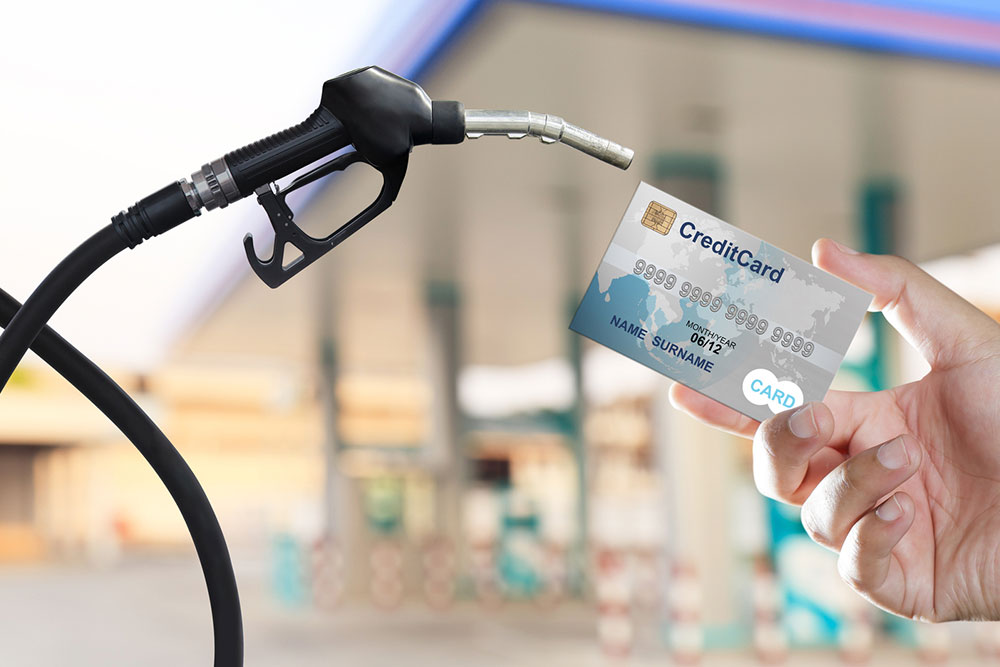
5 things to consider when choosing a business gas card
Business gas cards are a great way for businesses to monitor and control their fuel expenses, which can ultimately help them save money. Regardless of the size of the fleet, a company can benefit greatly from using these cards. However, with so many options available for business gas cards, it can get tough to choose the right one. So, to make it easier, here are 5 important things businesses should consider when choosing a business gas card.
Requirements of the business
Firstly, business owners must determine their average monthly fuel requirements before considering the details and features of a gas card. They must also consider the number of vehicles in their fleet and the gas stations they prefer so they can choose an appropriate gas card.
Look for a card with data collection
Business owners or fleet managers can also consider getting business gas cards that offer data collection. This feature can track the fuel purchases of all the drivers in their fleet, making it easier for them to understand their drivers’ spending habits and determine where they can improve. Secondly, data collection also helps business owners calculate the total fuel their entire fleet uses, the type of fuel they purchase, and the gas stations from which they get the fuel.
Consider a card with limited spending
Many business gas cards also have a feature that allows business owners and fleet managers to limit or control their drivers’ spending power at the gas stations. The owners and managers can set a limit on the card for each one of their drivers to control their spending. Besides gas stations, this feature also allows them to regulate purchases made at convenience stores. Ultimately, it prevents misuse of gas cards and saves a lot of unwanted expenses.
Choose a card that offers easy online access
Before the internet became easily accessible, fleet managers had to spend a lot of time and effort to keep a record of their drivers, fleet, and fuel expenses. It required manual paperwork and collecting receipts, all of which needed to be stored carefully to protect the data. However, with the availability of business gas cards, managing these tasks has become much easier. This is because many business gas cards create online records for all necessary data so that fleet managers and business owners can access all the important information with just a few clicks.
Ensure the card has appropriate security features
It is also crucial for business owners to select a gas card that has all the required security features. This includes PIN protection and notification alerts, among other things. With gas cards having PINs, business owners would not have to worry much if the cards get stolen. And with notification alerts, fleet managers and business owners would be able to keep track of every transaction in real-time.


